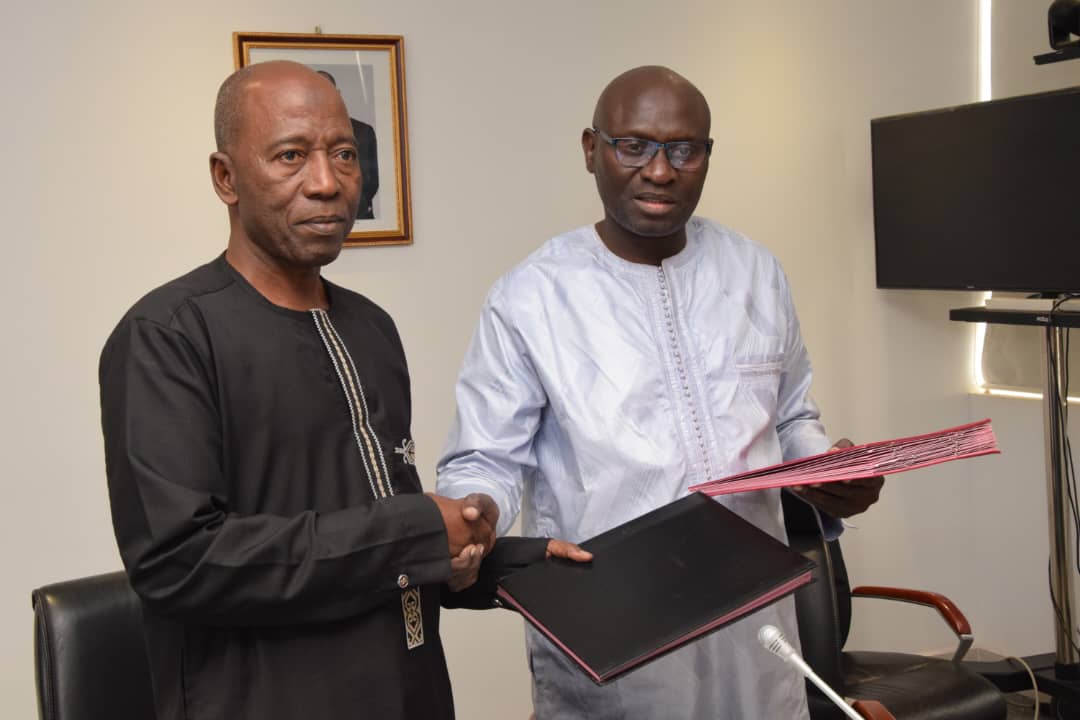Senegal and Guinea-Bissau forge landmark maritime pact to protect artisanal fishing

Senegal and Guinea-Bissau have signed a renewed maritime protocol, granting Senegalese artisanal fishers legal access to Bissau-Guinean waters — a move hailed as a lifeline for coastal communities long caught in legal limbo.
Finalised on 17 June, the agreement formalises fishing rights under a clearly defined legal framework, strengthening cross-border cooperation and laying the foundation for more sustainable, jointly managed marine resources between the two West African neighbours.
The announcement follows the historic visit of Senegalese President Bassirou Diomaye Faye to Bissau in May — the first such trip by a Senegalese head of state since Guinea-Bissau’s independence.
That landmark visit paved the way for a series of bilateral accords, including cultural, security, and human mobility initiatives.
Now, with this protocol, the ocean itself becomes a shared priority in the evolving relationship.
Legal Certainty Replaces Risk and Uncertainty
Until now, many Senegalese artisanal fishers operated in Guinea-Bissau’s waters without legal protections, exposing them to fines, arrests, and the seizure of vital equipment.
The new agreement is set to eliminate this uncertainty.
It provides structured access to fishing zones, while introducing joint monitoring and enforcement measures aimed at deterring illegal practices and safeguarding vulnerable marine ecosystems.
“This protocol gives our fishermen clarity and security,” a local official said, welcoming the move as a stabilising force for communities along Senegal’s Petite Côte and in Casamance — areas that have long suffered from declining catches, overfishing, and climate-related disruptions.
Diplomacy Rooted in Local Realities
This renewed cooperation signals a shift from symbolic gestures to action-driven diplomacy.
By putting ocean governance at the heart of bilateral strategy, Dakar and Bissau are tying foreign policy directly to the socio-economic realities faced by their coastal populations.
The fishing agreement builds on the broader vision outlined during President Faye’s visit, which emphasised people-to-people exchanges and practical development efforts over rhetoric.
As West Africa grapples with the twin challenges of dwindling natural resources and rising migration pressures, the pact offers a model for regional cooperation rooted in shared challenges.
If implemented effectively, it could become a blueprint for how diplomacy can tangibly improve livelihoods — giving artisanal fishers not just legal rights, but renewed hope.
About The Author
dailymailafric
I am an avid African news observer, and an active member of Daily Mail Africa.
I’m Passionate about staying informed on diverse topics across the continent,
I actively contribute to publishing on political, economic and cultural developments in Africa.



